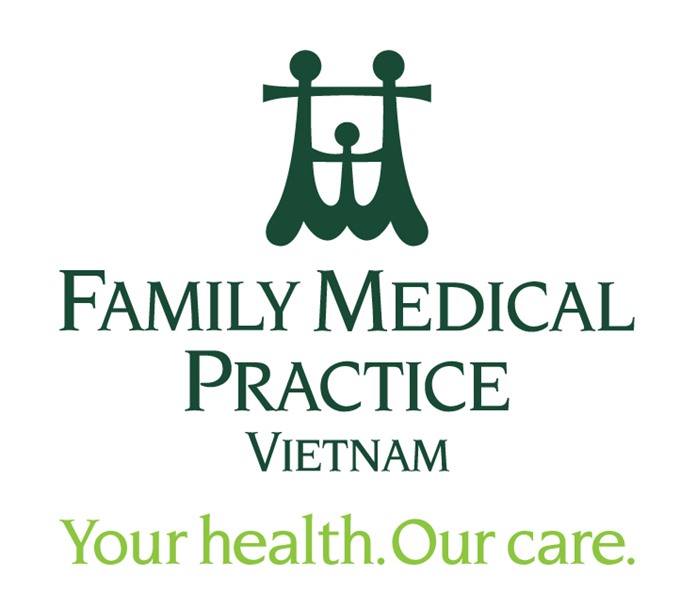 Life & Style
Life & Style

 |
To your health:
By Dr. Tena Kovacevic*
A test that was introduced into clinical practice just a few years ago completely revolutionised prenatal testing and gave confidence to both pregnant women and their healthcare providers. It is called the Non-Invasive Prenatal Test (NIPT), or more accurately, the cell-free DNA test.
In many countries, invasive procedures such as amniocentesis (a medical procedure where a small amount of amniotic fluid is taken for analysis by inserting a thin needle into the abdomen and the uterus) are still offered as a first line method for detecting babies with Down’s syndrome and other aneuploidies in women after certain maternal age, mostly after age of 35.
Unfortunately, invasive procedures carry small but still significant risks of an unwanted miscarriage. Therefore, NIPT, as a safe and accurate test, is a great, relatively new option to screen not only those “high risk” women, but all pregnant women, before opting for an invasive procedure.
What are aneuploidies?
Most human cells consist of 46 chromosomes organized into 23 pairs. The 23rd pair is a pair of sex chromosomes named X and Y. Aneuploidy is the presence of an abnormal number of chromosomes in a cell, for example a human cell having 45 or 47 chromosomes instead of the usual 46. An extra or missing chromosome is a common cause of genetic disorders, including some human birth defects. Most cases of aneuploidy result in miscarriage. Among live births, the most common extra chromosomes are chromosomes 21, 18 and 13 resulting in aneuploidies called Trisomy 21, also known as Down’s syndrome, Trisomy 18 (Edwards syndrome) and Trisomy 13 (Patau syndrome).
How can we detect babies with aneuploidies?
Babies suspected for aneuploidies can be found during pregnancy by special screening methods and confirmed by diagnostic procedures like Chorionic Villus Sampling (CVS) or Amniocentesis. Combined test (a test that includes biochemistry, ultrasound, maternal age, risk factors) performed in the first trimester has been a gold standard among screening tests for aneuploidies, but diagnosis of fetal aneuploidies still relies on invasive testing, either CVS that is performed in the first trimester, or amniocentesis that is performed in the second trimester of pregnancy.
Invasive procedures might still be the only diagnostic option, but they also carry the risk of an unwanted miscarriage.
What is NIPT?
Non-invasive prenatal test (NIPT) is a safe, simple and highly accurate prenatal screening blood test that was first introduced into clinical practice around five years ago. It outperforms any other screening strategy described to date.
NIPT detects trisomies 21, 18 and 13 with an accuracy of more than 99%. Its’ accuracy for detecting babies with Down’s syndrome almost matches that of an invasive procedure. In addition to detecting trisomies 21, 18 and 13, NIPTs offer the possibility of detecting the sex of the baby, sex chromosome aneuploidies and microdeletions. The sex of the baby is reported according to parental preference.
NIPT can be performed as early as 10 weeks into a pregnancy.
Although most women would likely opt for the whole NIPT “menu”, most obstetricians and institutions recommend NIPT for detecting trisomies 21, 18, 13 and the sex of the baby, and not for screening for sex aneuploidies or microdeletions.
How does NIPT “work”?
During pregnancy, maternal blood carries short DNA fragments called fetal cell-free DNA that originate from the placenta. By analyzing those fragments, an extra or a missing chromosome can be detected. NIPT only requires a standard blood draw procedure from a pregnant woman who is at least 10 weeks pregnant. Blood is drawn into a tube or two tubes packaged in a special kit and are sent to a laboratory for analysis.
Most results will be available in 5 to 7 working days.
Is NIPT the right test for you?
“All women, regardless of maternal age, should be offered prenatal assessment for aneuploidy“ (ACOG, 2012)
NIPT has been clinically validated in both high risk and low risk populations and can be used in any pregnancy. It can be used in both singleton and twin pregnancies, as also in pregnancies from the IVF (in vitro fertilization) procedure.
The fact is that the risk for having a baby with an aneuploidy rises with age. However, aneuploidies can be found in women of any age group, thus screening for aneuploidies is recommended to every pregnant woman regardless of age or a risk group.
If a pregnant woman makes a clear decision to perform an NIPT in pregnancy, I would suggest doing it as a first line screening as early in the pregnancy as possible (between 10 and 11 week gestation).
Otherwise, if a combined test (1st trimester test that includes maternal age, risk factors, ultrasound measures and biochemistry) has been performed as a first line screening, then NIPT should or should not be performed based on the combined test results.
However, results that we get from the NIPT are the ones we rely on if compared to any other screening test for aneuploidies available for pregnant women. But it should be noted that a positive result from the NIPT should be confirmed by an invasive diagnostic procedure.
In conclusion, NIPT is a safe, simple, highly accurate and reliable test that every pregnant woman should know and be informed about. The decision whether to take the test, when and why, relies on both the pregnant woman and her family and the doctor that is following her pregnancy.
Every pregnant woman is special, has her own medical history and special needs, therefore an individual approach should be stressed. —Family Medical Practice Vietnam
*Family Medical Practice Hanoi is delighted to welcome Dr. Tena Kovacevic to our gynecological team! Dr. Tena is board certified in Obstetrics and Gynecology and comes to us after 6 years of practicing in Croatia. She will start seeing patients at Family Medical Practice Hanoi from January 2018. She is eager to meet her new patients in Hanoi, and we are thrilled to have her on board.
For more advice on any medical topics, visit Family Medical Practice Hanoi at: 298 I Kim Mã, Ba Đình. Tel: (024) 3843 0748. E: hanoi@vietnammedicalpractice.com.
FMP’s downtown Ho Chi Minh City location is: Diamond Plaza, 34 Lê Duẩn, District 1; 95 ThảoĐiền Street, District 2. Tel: (028) 38227848. E:hcmc@vietnammedicalpractice.com
FMP Danang is located at 96-98 NguyễnVăn Linh Street, HảiChâu District, ĐàNẵng. Tel: (0236) 3582 699. E: danang@vietnammedicalpractice.com
 |
| Dr. Tena Kovacevic.—Photo Courtesy of Family Medical Practice Vietnam |



_med.jpg)
